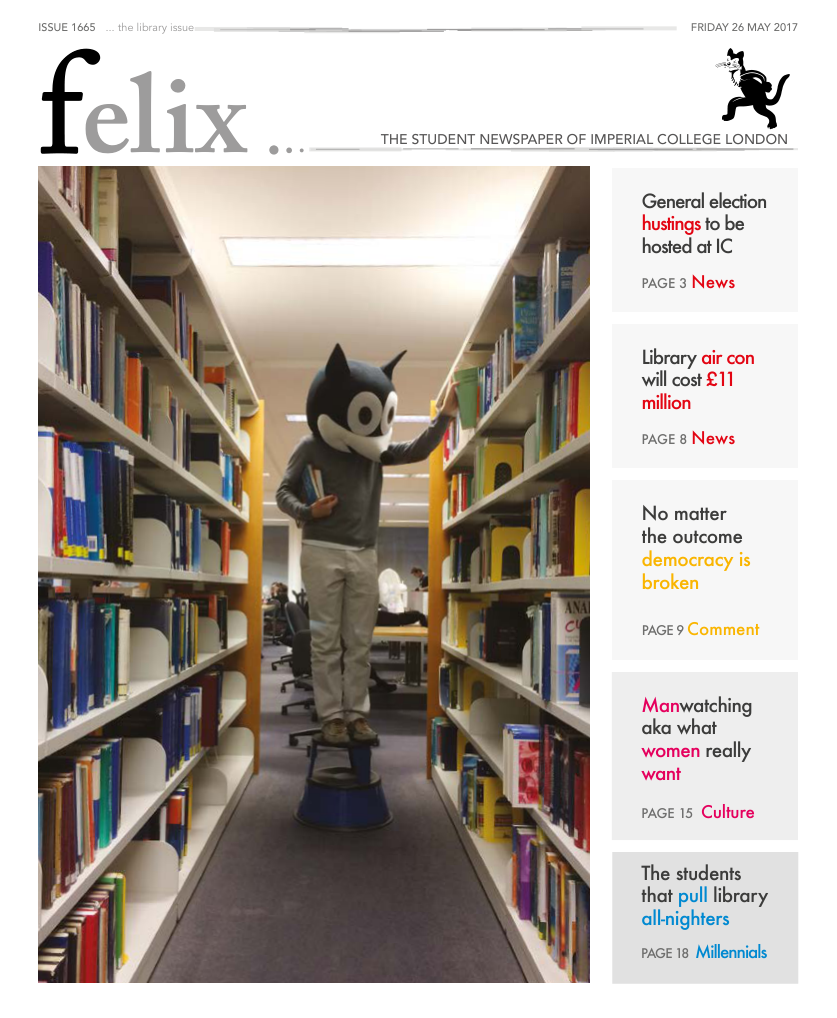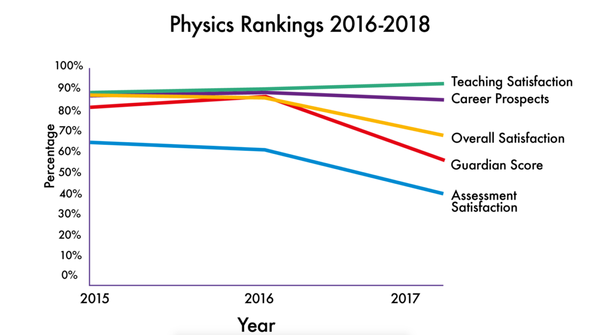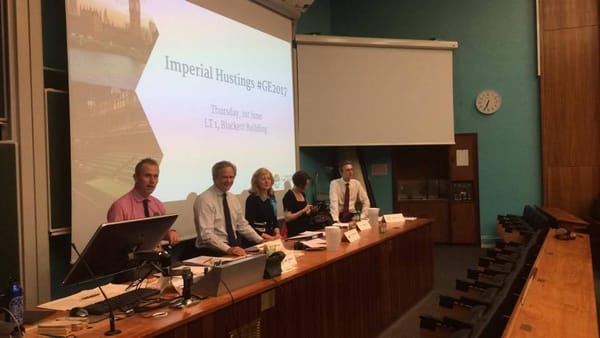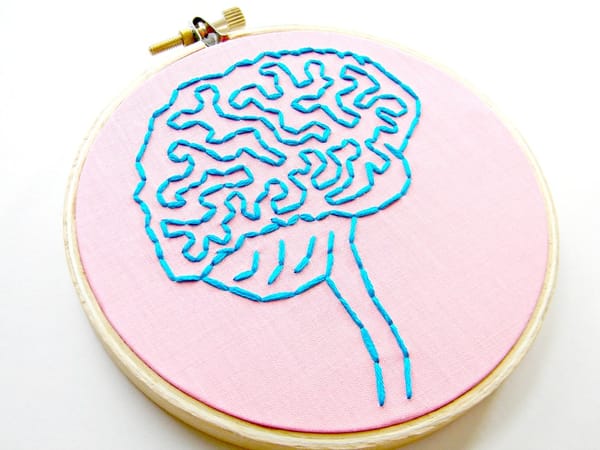Engineering dominates Imperial awards
SACAs, President’s Awards and NSS scores all say the same thing
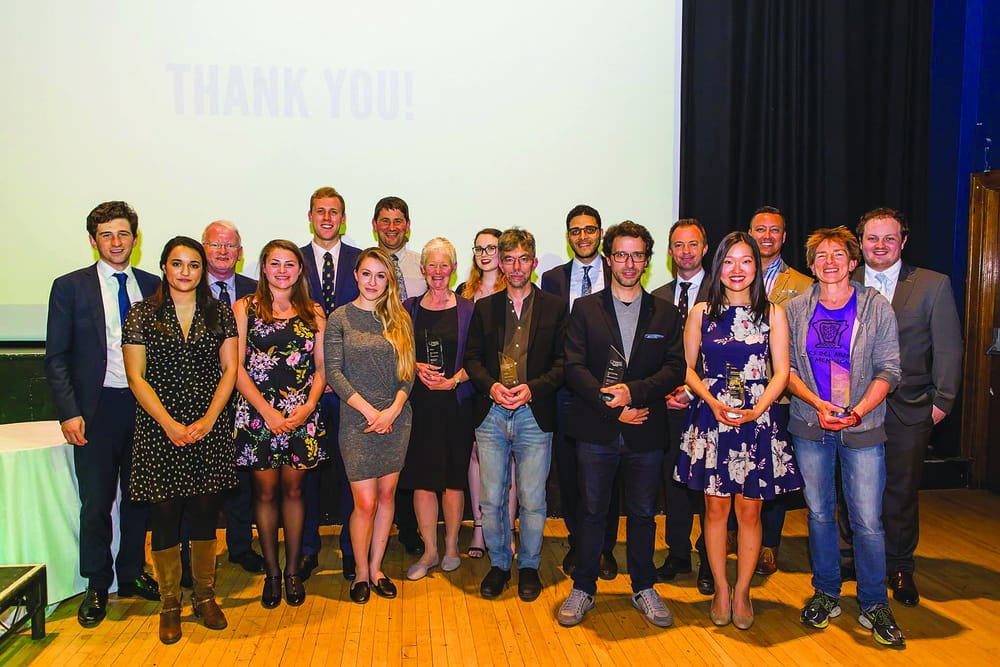
The Union honoured Imperial staff last week at the annual Student Academic Choice Awards (SACAs for short) after sifting through a record breaking 831 nominations. The ceremony saw eight humans of Imperial getting recognised for their contributions in teaching.
Categories include supervision, tutoring, teaching assistant, undergraduate and postgraduate teaching, feedback, innovation and support. Though Imperial has a long history of honouring members of its community for their teaching and research, the President’s Awards (and formerly the Rector’s Awards) with their selection panels overseen by the Provosts lack significant student involvement.
SACAs, on the other hand, give students the opportunity to be involved in the process of shortlisting nominations by acting as panel members and/or panel chairs. This means that shortlisted staff have been nominated and shortlisted by students.
According to Deputy President (Education), Luke McCrone, this makes the SACAs extremely valuable. “It is a widely held belief that the repository of data we generate through SACAs is about the best indication of ‘teaching quality/excellence’ that we can get our hands on – the direct, untampered views of our students who voluntarily come forward to speak out about best practise,” says McCrone. “This data will inevitably lay the necessary foundation from which we can innovate educationally in future, including as part of the Learning and Teaching strategy.”
Looking at the outcomes of the SACAs, a problem that Vice Provost for Education, Simone Buitendijk has repeatedly expressed becomes evident – the student experience varies widely across faculties and departments. This year for example, while most awards were given to members of the faculty of engineering, the faculty of natural sciences managed to snag a couple and the faculty of medicine also took home one (the department of bioengineering was the only department to bag two awards).
However, the faculty of engineering has consistently dominated the awards. Since their establishment in 2012, members of the faculty have received over half of all awards. Out of the 40 SACAs awarded over the last five years, only a quarter of all SACAs have been awarded to natural scientists while members from the department of medicine have only received six. The Business School and the Centre for Languages, Culture and Communication (home to Horizons and the Science Communication Unit) have only taken an award home once so far (which, considering their size, is quite an achievement).
To an extent this is to be expected. 45% of all students at Imperial are engineering students, whereas approximately a third and a quarter are natural scientists and medics respectively. However, the award distribution also reflects the NSS results. With the exception of the department of mathematics, natural sciences and medicine typically perform poorly at the NSS survey. The crux of Imperial seems to be assessment and feedback with just over 40% of physicists last year agreeing that they were happy with the quality of assessment and feedback they received.
Though numerous voices at Imperial have repeatedly expressed that NSS scores are not the be-all and end-all, the dissatisfaction they reveal seems to come up at every opportunity.
In the case of the President’s Awards too, distinctions are disproportionately awarded to members of the Faculty of Engineering.
In Education, excellence is recognised across teaching, pastoral care, research supervision and support of the student experience. Twenty staff members were recognised across all categories with over half of them occupying roles within the Faculty of Engineering.
Another 16 awards were given for research. Engineers dominated again, gathering nine distinctions, whereas the faculties of Natural Sciences and Medicine took home four distinctions each (one distinction was joint between faculties).
Looking at the winners lists available online, it is evident that this is a consistent pattern. Both in 2016 and 2015, engineers received half or more of all awards.


